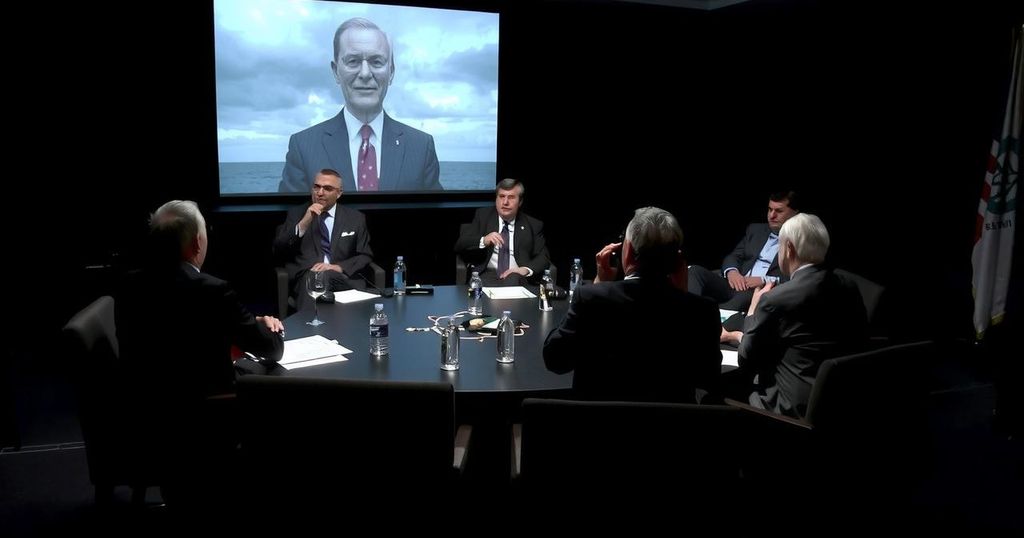The re-election of President Donald Trump is expected to lead to significant changes in U.S. energy and climate diplomacy, including possible withdrawal from the Paris Climate Agreement and UNFCCC, a reset of federal climate initiatives, and potential reallocation of resources away from climate policy toward national security objectives. There may be pathways for maintaining participation in climate treaties as strategic negotiation tools, even as the focus potentially shifts away from active climate leadership.
The anticipated re-election of President Donald Trump is set to profoundly impact various sectors, including energy and climate diplomacy. His administration is poised to follow closely the priorities of its predecessor, likely culminating in a complete withdrawal from the 2015 Paris Climate Agreement. Although this treaty is binding, its effectiveness hinges on voluntary Nationally Determined Contributions (NDCs), which Trump has characterized as detrimental to U.S. interests, echoing similar sentiments from his initial tenure.
Additionally, speculation exists regarding a potential withdrawal from the UN Framework Convention on Climate Change (UNFCCC), which would alter the U.S.’s diplomatic standing in global climate negotiations, notably against a backdrop where China has been criticized for its inaction on climate commitments. An alternative strategy for Trump could involve maintaining participation in both the Paris Agreement and the UNFCCC, leveraging these engagements as bargaining chips for economic and national security negotiations with other nations.
Internally, the Trump administration is predicted to dismantle key federal efforts aimed at climate policy, including the elimination of the Special Presidential Envoy for Climate position, created under President Biden. This could severely curtail U.S. participation in future international climate conferences (COPs) and reallocate resources away from climate diplomacy towards traditional energy and national security objectives.
In this new era, advocacy for climate action may need to focus on corporate and subnational levels, as federal engagement appears precarious. Scholars and policy experts may also find enhanced avenues to advocate for energy sanctions against geopolitical adversaries under Trump, potentially surpassing cabinet-focused initiatives undertaken by the previous administration.
Ultimately, the trajectory of U.S. energy and climate diplomacy under Trump will depend on the prevailing ideologies within the administration, and it is crucial for advocates to persistently promote policies supporting energy security nationally and globally.
The article examines the implications of President Donald Trump’s expected continuation of his first administration’s energy and climate policies, particularly post his recent election. It discusses his proposed withdrawal from the Paris Climate Agreement and the UNFCCC, highlighting potential shifts in America’s global climate leadership. It also explores alternative diplomatic maneuvers that may allow the U.S. to remain a contender in international climate discussions while redirecting focus to economic negotiations. The potential dismantling of climate governance structures instituted by the last administration poses significant questions regarding future U.S. engagement in global climate policy.
In summary, President Trump’s second term may significantly reshape U.S. energy and climate diplomacy, potentially reversing advancements made in previous administrations. While withdrawing from substantial climate agreements would hinder American leadership in global climate negotiations, a strategy of leveraging these positions for non-climate concessions may be employed. Ultimately, the future of U.S. participation in international climate policy will rely on the administration’s internal dynamics and the voices that gain prominence.
Original Source: kleinmanenergy.upenn.edu






